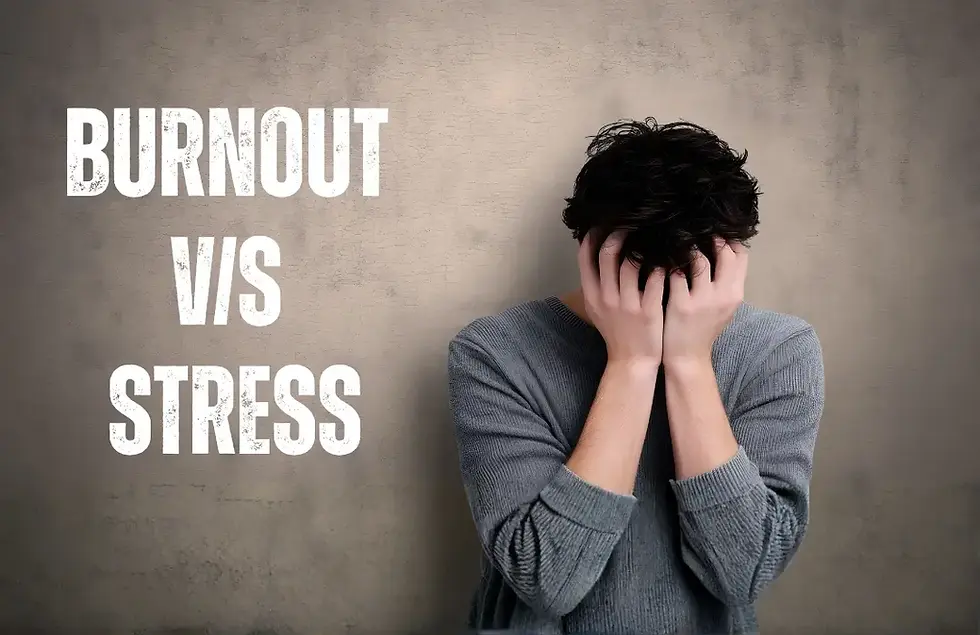Helpful Strategies To Cope With Mental Illness
- Mosaic Mental Health

- Nov 26, 2022
- 3 min read
Updated: Nov 8, 2023

First Steps
Mental illnesses can impair a person’s ability to cope with life's stresses. Thus, it is critical for everyone to monitor and understand their mental health. Getting professional help, and a diagnosis are important first steps for those suffering from mental illnesses. Health professionals are excellent resources for people with mental illnesses, and numerous resources are available to assist anyone in any mental health state.
Each person experiencing mental illness can find relief in various ways. When dealing with it, it's best to start small with manageable steps and work your way up.
How Mental Illnesses Can Affect Your Family And Friends
Mental illnesses like bipolar disorder, panic disorder, schizophrenia, major depressive disorder, and more, can affect family and friends significantly when left untreated. Though difficult to personally experience it, one can also struggle with watching a loved one suffer from one of these diseases. The entire family may suffer when a person has a serious mental illness.
Possible Ways To Cope With Mental Illness
Set Attainable Objectives
Determine your personal, academic and professional goals, and write down the necessary steps. Aim high, but be realistic, and take your time, and proceed step-by step. You will feel a sense of accomplishment and self-worth as you work toward your goal.
Value yourself
Avoid self-criticism by treating yourself with kindness respect, and grace. Make time for hobbies and things you enjoy, or broaden your horizons. Start to learn to dance, play an instrument, or learn another language.
Take Proper Care Of Your Body.
When people are overwhelmed, they tend to forget about caring for themselves. Physical self-care can help improve your mental health. Make certain to:
Exercise.
Sleep early.
Drink plenty of water.
Consume nutritious foods.
Avoid smoking and vaping and other substance use.
Exercise has been shown to help reduce depression and anxiety while improving one's mood. Be mindful of your hygiene, nutrition, exercise, and sleeping habits and how you can better care for yourself.
Surround Yourself With Optimistic and Active People
People with close family or social ties tend to be healthier than those without. Make plans with supportive family and friends, or look for activities that will allow you to meet new people, such as an organization that interest you, a class, or support group. Give your time and energy to those who can positively impact your health. You will feel good knowing these kinds of people surround you.
Learn How To Deal With Stress
Whether you like it or not, stress is an unavoidable part of life. Try going for a nature walk (they say “nature is the best antidepressant”), exercising, playing with a pet, or trying writing in your journal as a stress reliever. Remember to laugh and find humor in everyday situations. Studies show that laughter boosts your immune system, relaxes your body, and reduces stress and certain kinds of pain.
It is critical to consider what aspects of your life cause stress and how to reduce it. Sometimes managing your mental health and well-being entails managing your surroundings and examining how you think about stress.
Relax Your Mind
Anxiety and stress can be your body's way of telling your brain that something is wrong and needs to be fixed. Allow yourself time to deal with stress - your health is important, and everyone needs a break from time to time. Try meditating, being mindful, or praying. Relaxation exercises and prayer can help to improve your mental health and outlook on life.
According to research, meditation can help you feel calm and improve the effects of therapy. Being mindful of your stress levels will assist you in identifying stressors in your life and tracking your progress.
Avoid Using Drugs and Drinking Alcohol
Limit your alcohol intake and avoid using other drugs, especially illicit (illegal) substances. Alcohol and other drugs are occasionally used to "self-medicate" but only worsen problems.
Get Help
Seeking help demonstrates strength, not weakness. It's also important to remember that treatment works. People who receive the proper care can recover from mental illness and addiction and live full, rewarding lives.
If you are looking for a trusted and reliable licensed Mental Health Service provider, we are here to help you. Our primary concern is your well-being. We proudly offer patients a wide range of psychiatric and mental health services in Texas, Colorado, Iowa, Michigan, and Washington State. We treat conditions such as mood disorders, ADHD, anxiety, sleep disorders, and thought disorders and accept patients aged 18 and up.
Dealing with and recovering from a mental health illness is a difficult process. There are typically ups and downs, times of progress, and times of setbacks. However, if you use the coping strategies listed above, it will be much easier for you. Remember that there is support and motivation, not just during a crisis but in the long run too.

.png)



Comments